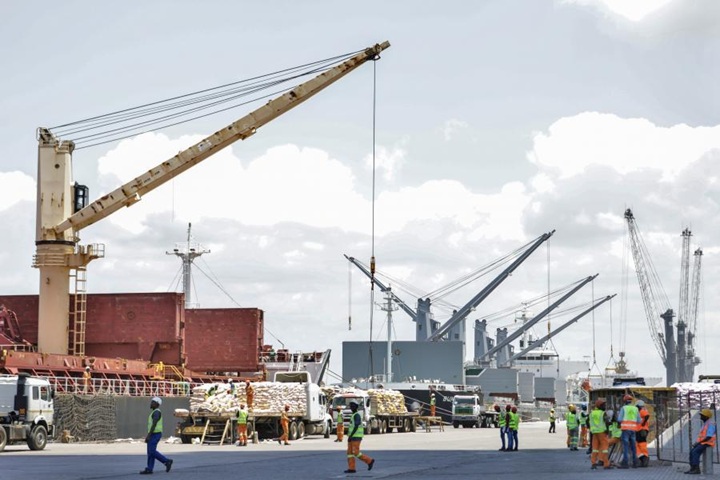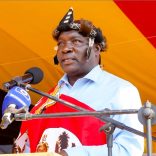Mozambique: Agriculture sector needs to think long-term - analysts
Mozambique: Vegetable exports fell 42.5% YoY in Q1 amid post-election unrest – central bank

FILE - For illustration purposes only. [File photo: Lusa]
Mozambican vegetable exports fell by 42.5% year-on-year in the first quarter of 2025, to €18.1 million, still affected by the violence that followed the October 2024 general elections, according to official data compiled by Lusa.
According to a report from the Bank of Mozambique detailing the country’s vegetable exports, foreign sales totalled US$21.3 million from January to March, compared to US$37 million in the same period of 2024.
The document states that exports “were affected by the impact of the post-election protests, which hampered the production and distribution of these goods.”
Despite the first-quarter decline, Mozambique’s vegetable and horticultural exports rose by 11% for the full year of 2024, reaching US$167 million, according to previous data from the central bank.
Bananas, another traditional Mozambican export, generated US$10 million in the first quarter of this year, down from US$11.8 million in the same period of 2024. For the whole of 2024, banana exports had totalled US$37 million, an increase from US$32 million in 2023, with the primary markets being neighbouring countries, especially South Africa.
In response to the combined impacts of political instability and climate change, the Mozambican government aims to mobilise US$2.75 billion to stimulate the economy, according to the Economic Recovery and Growth Plan (PRECE), approved by the Council of Ministers on 16 September.
According to Inocêncio Impissa, spokesperson for the Council of Ministers, the plan is “a short- and medium-term instrument to respond to the challenges of the economic situation.”
“It includes a package of measures estimated at US$2.75 billion. Of this package, US$800 million will be allocated to support economic recovery, through instruments approved by the government,” Impissa explained.
Among the instruments already approved — some of which are in the implementation phase — are the Monetary Guarantee Fund, the Local Economic Development Fund, financing lines to support post-election recovery, and the upcoming National Development Bank, the minister added.
“The effective implementation of PRECE will contribute to restoring investor and public confidence, accelerating economic recovery, and creating an environment conducive to investment, job creation, and sustainable growth in the medium and long term,” Impissa noted.
Mozambique experienced nearly five months of social unrest, with demonstrations, strikes, and barricades in several cities, particularly in Maputo. These protests initially challenged the results of the 9 October elections, following claims by former presidential candidate Venâncio Mondlane, who refused to recognise the outcome.
The protests escalated into violent clashes with police, resulting in approximately 400 deaths and widespread destruction and looting of public infrastructure and private businesses.
Nearly 1,000 Mozambican companies were affected by the post-election unrest, with the economic impact estimated at over 32.2 billion meticais (€480 million) and more than 17,000 jobs lost, according to a February report by the Confederation of Economic Associations of Mozambique (CTA).
The CTA survey found that 955 businesses were “directly” affected by the protests and subsequent unrest, with 51% suffering “total vandalism and/or looting of their merchandise.”
On 23 March, President Daniel Chapo met with Venâncio Mondlane for the first time. Both men pledged to end the violence — a commitment that was ultimately fulfilled.













Leave a Reply
Be the First to Comment!
You must be logged in to post a comment.
You must be logged in to post a comment.